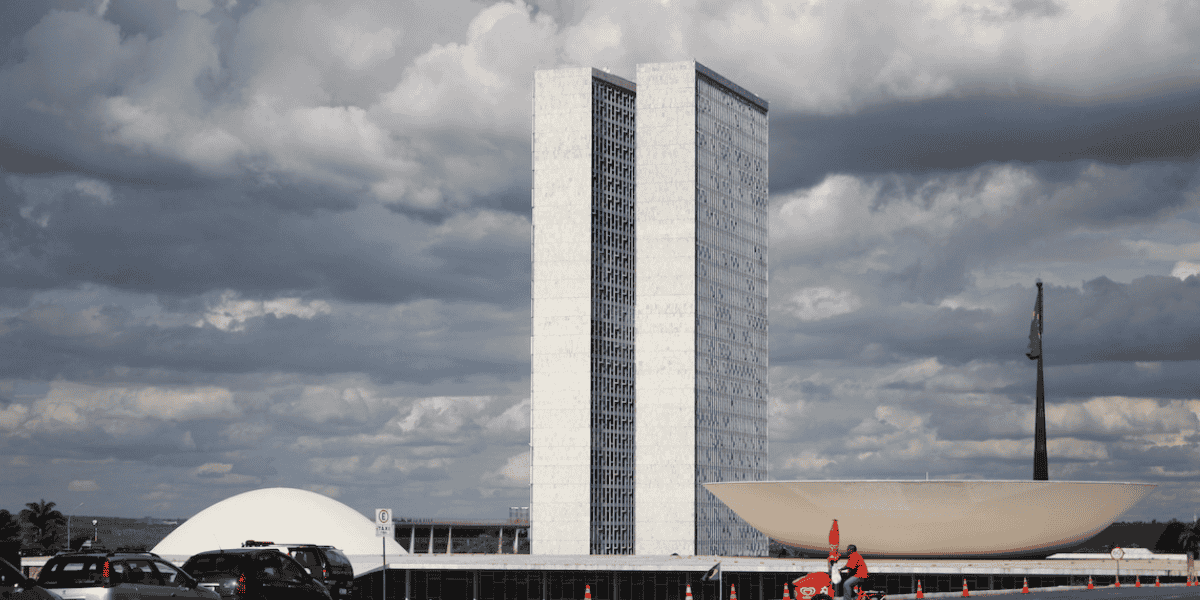The US and China have agreed to temporarily cut tariffs in order to work to end a trade war that has fueled recession fears and unsettled financial markets.
Following discussions with Chinese officials in Geneva, US Treasury Secretary Scott Bessent announced that both sides had agreed to a 90-day pause on new measures. As part of the agreement, tariffs will be reduced by over 115%, bringing them down to a baseline rate of 10%.
“Both countries represented their national interest very well. We both have an interest in balanced trade, the US will continue moving towards that,” Bessent said to Reuters.
“The consensus from both delegations this weekend is neither side wants a decoupling,” Bessent said. “And what had occurred with these very high tariffs was the equivalent of an embargo, and neither side wants that. We do want trade.”
The Geneva meetings marked the first in-person talks between high-level US and Chinese economic officials since US President Donald Trump returned to the White House for the second term and imposed heavy tariffs on global trading partners, including China.
The Trump Administration imposed two rounds of 10% tariffs on all Chinese imports and a 10% baseline tariff on imports from all countries on April 2, 2025. Trump also introduced reciprocal tariffs on imports from countries with large US trade deficits, including China, but postponed them for 90 days—except for China—before announcing plans for 145% tariffs on Chinese goods.
In retaliation, China raised tariffs on US imports to 125% this month.
However, to ease the effects of its trade war with Washington, China has granted tariff exemptions on products like pharmaceuticals, microchips, and aircraft components. Authorities also urged companies to identify key goods exempt from tariffs.
China recently removed tariffs on US ethane imports, easing pressure on Chinese companies that depend on it for petrochemical production.















